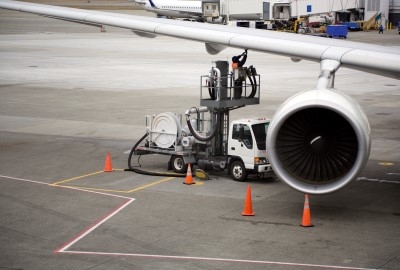News
WEF: 4 ways to make Sustainable Aviation Fuel take off
Source: World Economic Forum
2 minutes
Sustainable Aviation Fuel (SAF) is an immediate and scalable solution to decarbonise aviation. But to really make SAF take off in the next decade, governments and the aviation industry must continue to work together to achieve growth, in 4 ways.

According to a news report on WorldEconomicForum, industry, governments, and researchers have already taken impactful initial steps to support the growth of the industry of SAF, such as investments into pilot SAF facilities, government incentives, and the establishment of R&D programmes. They need to continue on this path and focus on 4 important steps:
- Early buy-in and committed investments are critical to stimulating demand in the SAF market. SAF producers should continue to invest in new production facilities and to work with airlines to meet this demand. Governments should bolster demand for SAF through the expansion of early purchase commitments.
- Sustained R&D funding will be necessary to drive innovation. These programs should target reducing feedstock procurement costs and increasing conversion efficiencies; maturing emerging low- and zero-carbon SAF technologies and increasing SAF blend limits.
- Government incentives. Just as with other renewable technologies, government incentives will be key to accelerating progress—supporting early demand and capital investments through supplier-side tax credits.
- Consistent and long-lasting policy direction is imperative for SAF scalability. Policy measures should be created to promote SAF production relative to other renewable liquid fuels, given the lack of alternative decarbonisation options for aviation.


